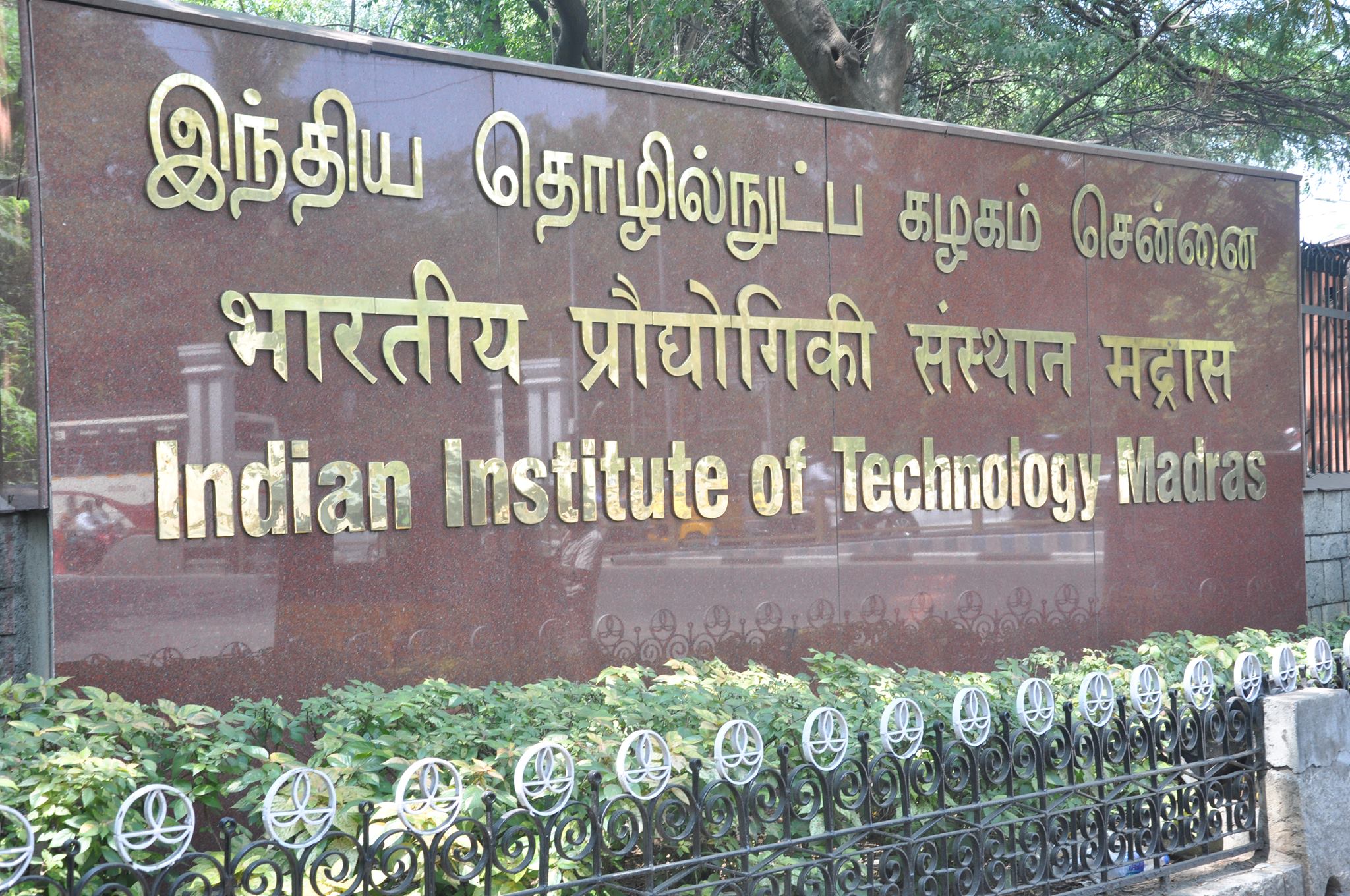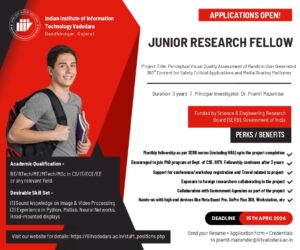Authored by Shruti Gaddam, Director, OdinSchool : The world is abuzz with the rising application of artificial intelligence (AI) in all spheres of human lives. Especially, Generative AI tools like ChatGPT, and Bard have taken the world by storm. But accuracy and efficiency of an AI system largely depend on the data entered into the platform. Because AI algorithms are trained on data to learn how to perform tasks. Once they are trained, they can be used to make predictions, solve problems, and automate tasks. So, the key driver of AI innovation is the availability of a good amount of big data. The driving force behind every AI innovation is data science as data sits at the heart of AI. This way, data science and artificial intelligence (AI) are two interconnected fields, that have revolutionized various industries. Data science provides the foundation for AI innovation by extracting insights and patterns from vast amounts of data.
Evolution of data science:
Though data science as a term can be traced to the 1960s, Peter Naur- a Danish computer science pioneer for computer science- in 1974 repeatedly used the term in one of his authored articles ‘Concise Survey of Computer Methods’. Data science is a multidisciplinary field that combines statistics, computer science and engineering, and domain expertise to solve real-world problems. Usually, data scientists use a variety of techniques to collect, clean, analyse, and visualize data. Then, this data is used to make decisions, and predictions and solve real-life problems.
Importance of data science in AI innovations:
Each AI innovation is critically dependent on data science. With rising digitalisation across every sphere, a vast amount of data is being generated and collected, leading to increased complexity. Such complexity of data sets gets resolved through big data, which is a segment of data science. Big data refers to large and complex datasets that cannot be easily processed using traditional data processing techniques.
Overall, data science plays a crucial role in handling and analysing big data, enabling AI algorithms to learn and make accurate predictions. No wonder, data science-powered applications are witnessing rapid adoption. Against this backdrop, the global market for data science is expected to reach $39.9 billion by 2025. With around 70 per cent of large companies using data science to drive innovation, data scientists are in great demand. Employment of data scientists is projected to grow 36 per cent from 2021 to 2031, at a much faster rate than the average for all occupations. While data science is gaining prominence, data quality is of prime importance. Because 80 per cent of AI projects fail owing to poor quality of data sets. So, utmost care should be taken to feed the AI system with qualitative data sets.
Use cases of data science usage AI innovations:
AI models can work without data science, but the effectiveness of AI models will be poor. If data science is not involved, then there is no data to train the AI models. This means the AI models will not be able to make accurate predictions or decisions. In recent years, data-driven AI models are being leveraged to solve many problem statements across industries.
AI in Financial Services:
Data science is driving AI innovation in financial services in several impactful ways. Machine learning algorithms enable data scientists to analyze large datasets of financial transactions, unveiling patterns indicative of fraud. This has led to the development of AI-powered fraud detection tools, enhancing fraud prevention for financial institutions. Currently, such fraud-detection applications are being used by banks, NBFCs, insurance, payment companies, and related organisations. Similarly, by segmenting customers based on interests and purchase behavior, data scientists optimize personalized marketing campaigns in the financial services sectors. Moreover, AI-powered product recommendations utilize past purchases and browsing history, improving sales and the customer experience. These patterns help financial services institutions like banks, mutual funds, and insurance companies to design and develop products as per the requirements and preferences of customers. In risk management and investment research, data science empowers financial institutions to identify risks, make predictions, and make better-informed investment decisions. These are very useful in the investment banking space.
AI in disease detection:
Data science-powered AI algorithm is able to diagnose many diseases including cancer, diabetes, dementia, eye diseases, and tuberculosis. In particular, cancer detection has witnessed remarkable advancements. Data scientists now employ machine learning algorithms to analyse extensive datasets of medical images, identifying patterns indicative of cancer. Consequently, AI-powered cancer detection tools have emerged, surpassing traditional methods in accuracy. A notable example is Google Health’s AI tool, boasting a staggering greater accuracy in detecting breast cancer from mammograms. Moreover, the application of Natural Language Processing (NLP) and Computer Vision in this domain has furthered progress. NLP enables the analysis of medical records to identify patients at risk, facilitating targeted preventive screenings and interventions. AI-powered applications, therefore, enable medical professionals to predict several diseases in advance. Moreover, computer vision-powered surgical robots are capable of several complex and precise medical procedures.
AI in autonomous driving:
A combination of machine learning, computer vision, and natural language processing, which are the segments of data science technologies, is used in self-driving cars. AI models are trained for object detection like identification of cars, pedestrians, and traffic lights, ensuring safe navigation. Behaviour prediction utilizes datasets of driving data to predict the actions of other drivers. Similarly, route planning employs historical driving data to determine the optimal path considering traffic conditions. Though self-driving car is still at the development stage, data science-powered AI applications are driving them to a reality.
Data science sits at the core of innovations powered by AI systems. No wonder, it has emerged as one of the most demanded skill sets in recent years. Professionals and students, therefore, should upskill their data science skillsets with the help of upskilling platforms like OdinSchool, which will go a long way in enhancing their careers.









